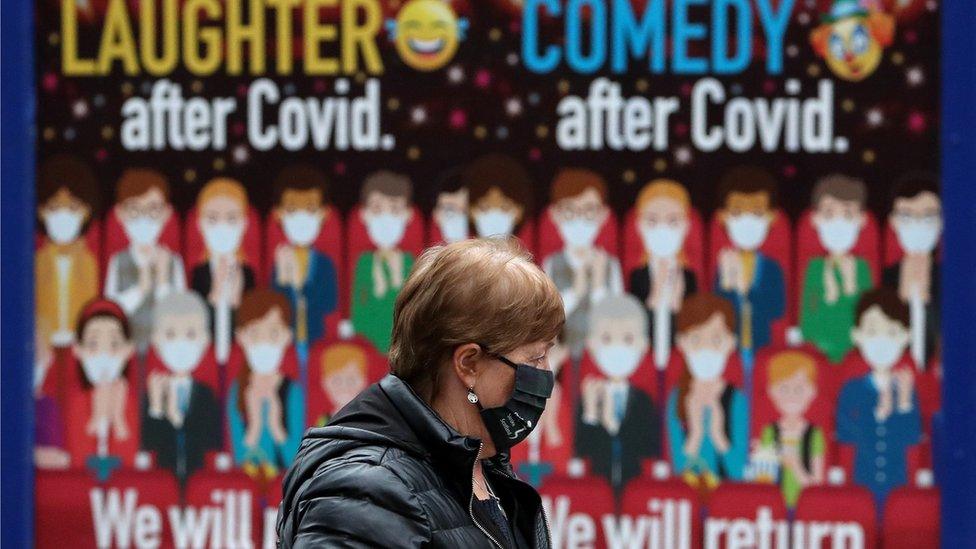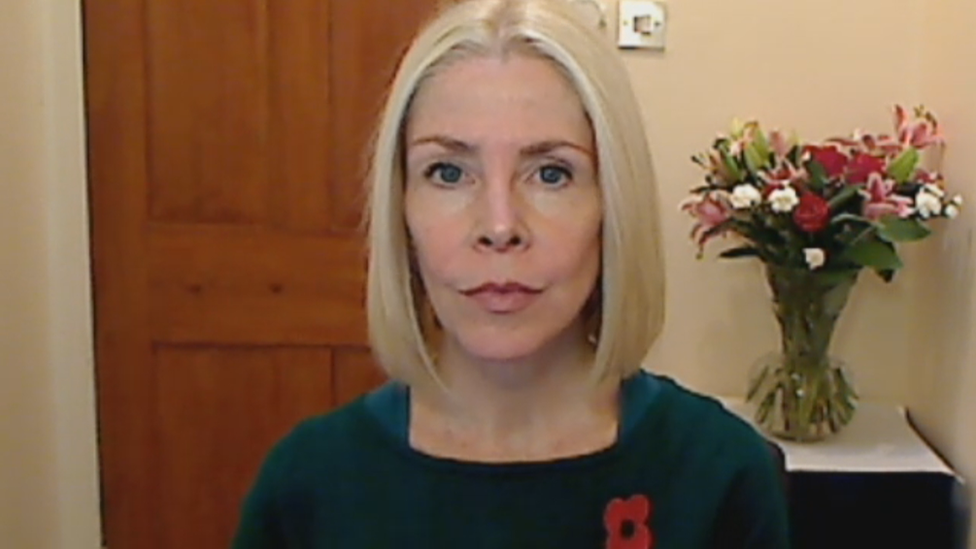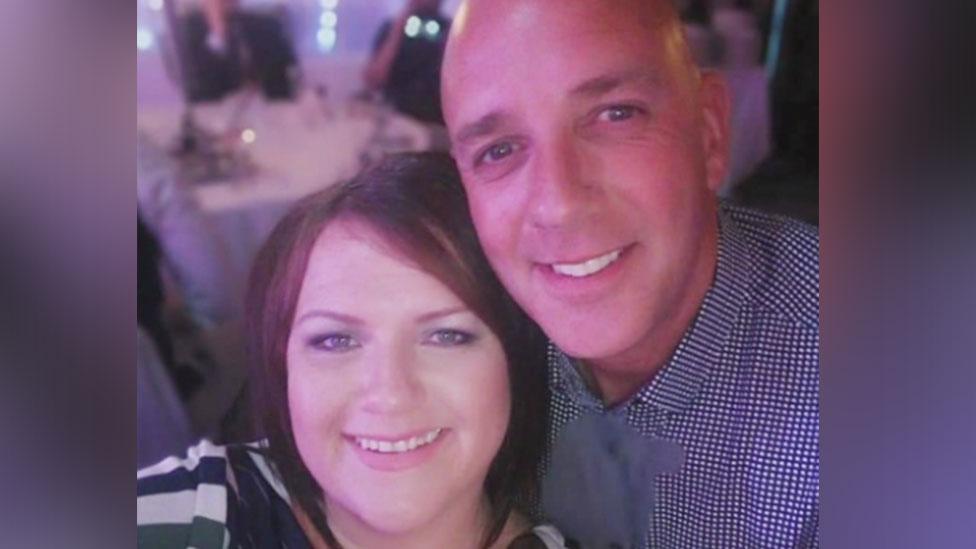Covid in Scotland: 'Life could be normal by mid-June'
- Published

Most restrictions could be lifted by mid-June, according to a leading public health expert
A leading public health expert has said much of our lives could return to normal as early as mid-June.
Prof Linda Bauld says she is "very optimistic" most restrictions will be lifted, including many of the social distancing requirements.
Scotland has been in lockdown since 5 January with people being urged to stay at home unless it is essential.
But the first minister has said the country is making progress in supressing the virus.
On Friday the rules were relaxed on meeting people outdoors with four adults from two different households now allowed to gather in any outdoor space - including in private gardens.
Prof Bauld told BBC Scotland's The Seven: "If you look at the trajectory of progress we are making with more than a third of Scotland's population having their first dose of the vaccine and many others getting their second dose every day.
"Public health measures are getting the incidence and prevalence of the disease down. I would anticipate by the end of June, mid-June most things will be open.
"Much of the distancing and certainly things being closed, I'd be very optimistic that by the summer that would no longer be the case. It may even be for many things earlier than the summer."

Prof Linda Bauld said more than a third of the population have had their first dose of the vaccination
Under a four-step plan to ease lockdown in England, Prime Minister Boris Johnston previously said all legal limits on social contact could be lifted by 21 June if strict conditions are met.
But First Minister Nicola Sturgeon said dates became "more arbitrary" the further you looked into the future.
She added: "It is like putting your finger in the wind and coming up with a date that is not firmly based in the evidence."
Prof Bauld warned international travel and mass gatherings were unlikely this summer but feels the data is heading in the right direction.
The University of Edinburgh academic added: "I am optimistic that much of what we have lost over the last few months we will regain by mid-June, late-June. I really am positive about that."
Scotland's national clinical director Prof Jason Leitch agreed the numbers were "looking good".
He told BBC Radio Scotland's Drivetime: "By the summer quite a lot of the things that are shut will be open but we will all still behave slightly differently.
"That will depend on transmission from the virus. It will depend on vaccination numbers."
Prof Leitch told the programme a great deal has been learned in the last year and praised the resilience of the population.
But he added: "We are not out of the woods. The WHO declared the pandemic in the first quarter of 2020 and they will decide when the global pandemic is over.
"And remember, the definition of a pandemic is a threat to every single person in the world."
'It was like a high speed train hit me'

Connie McCready's fiancé Jim Russell died last May
Today marks 12 months since Scotland's first confirmed fatality.
Since then more than 9,700, external deaths have been registered in Scotland where Covid has been mentioned on the death certificate.
During the Scottish government's regular media briefing, Health Secretary Jeane Freeman said: "In every corner of our nation this pandemic has brought grief and heartache over the last year."
Connie McCready's fiancé Jim Russell was admitted to hospital in March 2020. He spent more than a month in a coma before he died in May.
She told BBC Scotland: "Coming up to March I knew it was going to be tough. Although Jim didn't die until May, all the lasts and firsts were in March.
"Last weekend when March hit it was like a high speed train hit me. The grief was just phenomenal. I just cried the whole week. I couldn't speak to anyone without crying."
On 23 March, the anniversary of lockdown, Scotland is to hold a minutes' silence to remember those who have lost their lives over the last year.
Organisers say it will begin at 12:00 with people also encouraged to go to their doorsteps at 20:00 to shine a light using phones, candles and torches.
The aim is to "signify a beacon of hope and support for the millions of people that have been bereaved".
Ms McCready said: "We have to acknowledge that these people are not just numbers. They are actual people."

